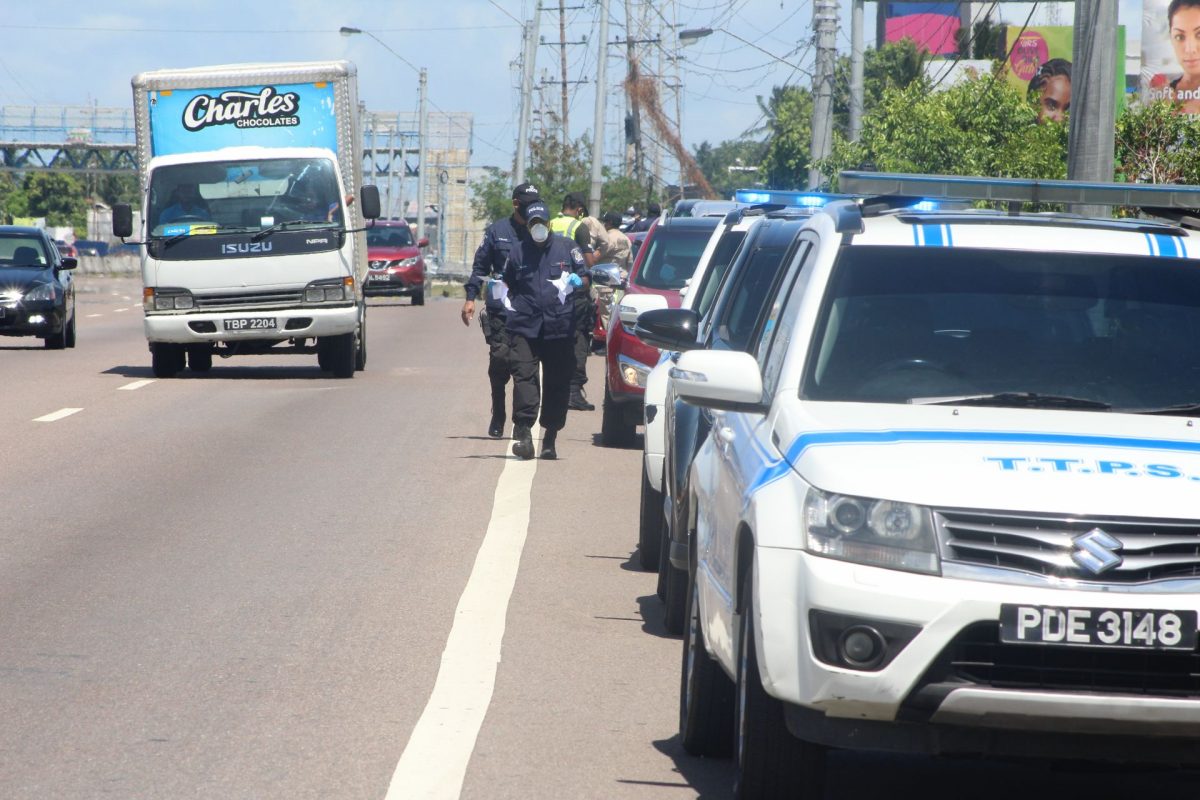(Trinidad Guardian) Government is proposing to slash by half the penalties of 80,000 unpaid traffic tickets that are before the courts.
The news was delivered yesterday by Attorney General Faris Al-Rawi during debate of the Miscellaneous Amendment Bill in Parliament.
Al-Rawi said the Government has recognised that there are approximately 60,000 to 80,000 traffic offences that are still before court.
He said Government has proposed a new “Section 50” under the Motor Vehicle and Road Traffic Act “and we are now offering a 50 per cent sale on old tickets.”
In other words, the AG said “you can avoid an offence coming at you. You can avoid going through painful and expensive exercises…step forward…pay your fixed penalty tickets at a 50 per cent rate cut and get out of the situation.”
Such a move, Al-Rawi said will help ease up the backlog of cases in the magistrate courts.
“It is tied in with the Government’s intention to remove nearly 104,000 cases per annum in motor vehicle and road traffic cases. By the time all our amendments are put into effect in this criminal justice revolution of reform, as we have had as a Government, we would have reduced the magistrates’ caseload from 146,000 cases per year down to 7,500 cases per year.”
Under the new demerit points system which went into effect on March 2, the Government introduced escalated fees for offenders who refuse to pay their tickets within 30 days.
The act also gives the Transport Commissioner the power to suspend the violator’s licence.
Laventille West MP Fitzgerald Hinds in delivering his contribution praised the Government for its proposition to reduce the penalties by half which he said would clear up the courts significantly.
Hinds said the Government was proactive with their thinking, stating that under the People’s Partnership administration they tried to implement a similar move but it did not help the masses.
“It benefitted 11 people who went and applied to have their matters removed under the infamous Section 34. So we deal with the masses they deal with the elite—their friends.”
Hinds admitted that following the introduction of the new $100 bills last December “over $600 to $700 million cannot be accounted for after that process.”
Hinds said while some members of the public have been criticising the police for their poor response in investigating matters “I am aware…the DPP would not confirm it …his lawyers would not confirm it but I am aware anecdotally that the DPP left his office on more than one occasion and went personally to a certain bank in this country to try and persuade them to share information in a particular investigation and it was not forthcoming.”
He said it cannot be that these financial institutions who are doing business cannot share information with law enforcement when they are dealing with public money.
Hinds said amendment in the bill will treat with such issues.

